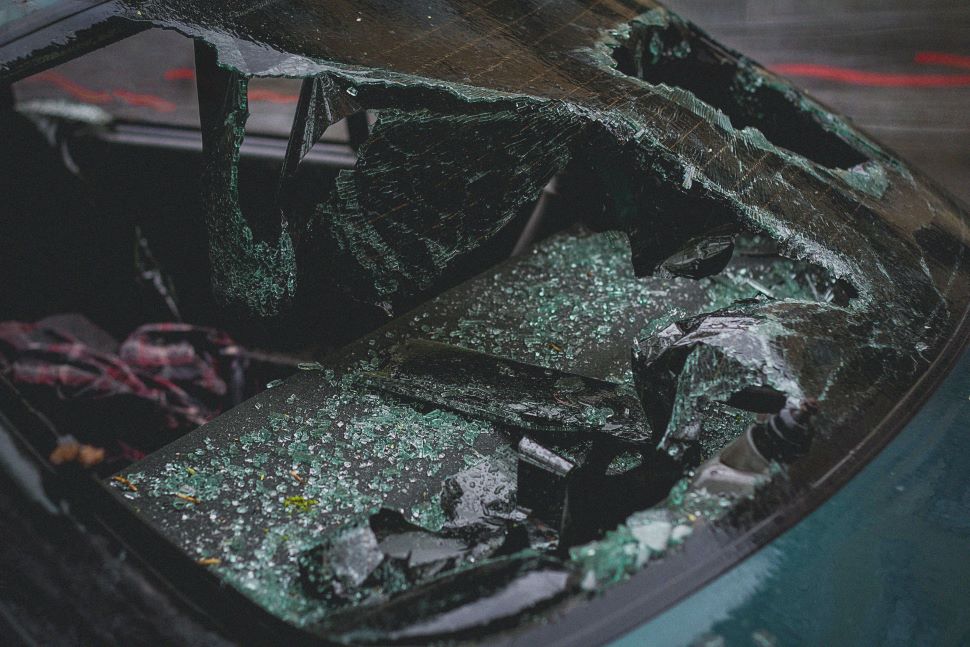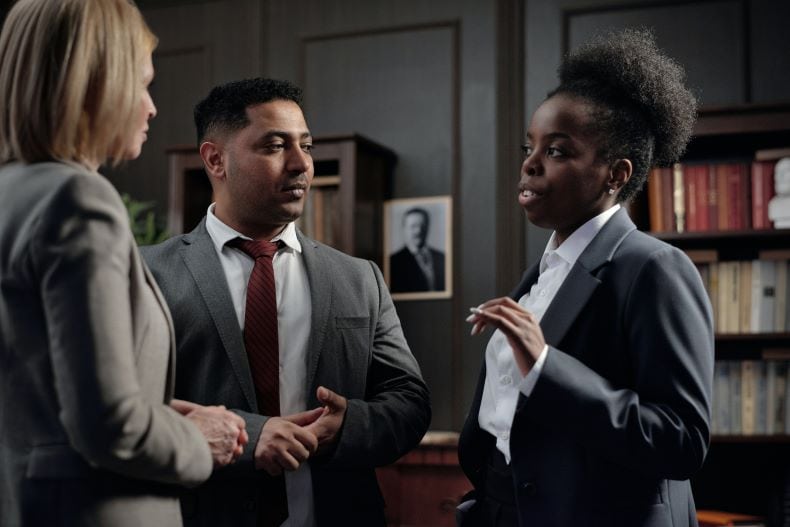
Car accidents are, unfortunately, a common occurrence on Nevada’s roads. These incidents frequently result in injuries, property damage, and at times, tragic loss of life. In the aftermath of such incidents, emotions run high, and the desire for justice can be overwhelming. What happens, though, when one party involved in the accident begins to fabricate the truth, and how can you seek recourse? This article explores the legal intricacies of suing someone for lying about a car accident in Nevada and the consequences of dishonesty.
The Common Reasons People Lie About Car Accidents
Before diving into the legal aspects of suing someone for lying about a car accident, let’s understand the reasons behind such deceit. The most common reasons people lie about car accidents include:
Avoiding Responsibility: Some drivers may lie to sidestep being labeled as the culprit, which could result in increased insurance premiums, legal consequences, or potential criminal charges.
Protecting Their Insurance Claim: Misrepresenting accident specifics can be an attempt to safeguard their car insurance claim, as false statements could lead to a higher payout from their insurance company.
Hiding Personal Injuries: Individuals involved in a car accident might downplay or entirely conceal their injuries, fearing they might be held responsible for medical expenses.
Distracted Driving: In distracted driving cases, a driver may lie to avoid the legal ramifications of their actions.

Can You Sue Someone for Lying About a Car Accident?
In Nevada, it’s indeed possible to sue someone for falsifying details about a car accident. However, the biggest hurdle is proving their action was significantly detrimental to you.
Here are the steps to follow to prove that someone’s lying about a car accident in the first place.
Collect Evidence:
The first step in suing someone for lying about a car accident is to collect evidence. This may include photographs of the accident scene, the official police report, eyewitness statements, and medical records. Additionally, you should gather any available evidence that shows the other party’s insurance company or the at-fault driver lied about the accident.
Consult a Lawyer:
It’s imperative to consult with an experienced car accident lawyer. They can help you navigate the legal system and ensure that you have a strong case.
Prove Fault and Injuries:
For a successful lawsuit against someone for lying about a car accident, you need to prove that their dishonesty directly caused you harm. This includes showing how the falsehoods influenced the determination of fault and injuries sustained in the accident.
You could have multiple legal options, such as filing a personal injury lawsuit or taking legal action for any damage caused by the other driver’s false statements. A seasoned car accident attorney can help you understand these complexities and guide you on potential claims eligible for compensation.

Gathering Strong Evidence for Your Case
In a car accident case where the other party has lied, it is imperative to compile comprehensive evidence to bolster your stance.
Here’s a breakdown of the types of evidence that can make a significant difference in your lawsuit:
Police Report: The official police report is a crucial piece of evidence. It provides an unbiased account of the accident scene, often noting the at-fault driver’s statements.
Eyewitness Statements: Eyewitness statements can corroborate your version of events and disprove false claims made by the other driver.
Medical Records: Precise and comprehensive medical records can demonstrate the extent of your injuries might be able to refute any false claims about the severity of the accident.
Traffic Cameras: If the accident occurred at an intersection or near traffic cameras, this footage can be valuable evidence in reconstructing the accident.
Local Business Cameras: If the accident took place close to commercial or residential zones, nearby surveillance cameras may have captured the incident.
Official Records: Official records such as accident reports and other statements given by the people involved can reveal inconsistencies in the other party’s statements.
Lost Wages and Medical Bills: Providing documentation of lost wages and medical expenses resulting from the accident can further support your case.
Consequences for Lying About a Car Accident
If you succeed in your lawsuit against someone who has misrepresented facts about a car accident, they may face various consequences, depending on the severity of their dishonesty. These consequences can include:
Increased Insurance Premiums: Their car insurance company might hike their premiums due to dishonesty.
Criminal Charges: In cases where false statements result in significant harm or fraud, the driver in question might face criminal charges.
Legal Action: You hold the right to initiate legal action to seek compensation for your injuries, property damage, and other losses.
Reputation Damage: Lying about a car accident can harm the at-fault driver’s reputation and credibility in court.

Contact BLG’s Top-Notch Personal Injury Lawyers Today
Car accidents are stressful situations, and they become even more complicated when dishonesty comes into play. However, in Nevada, you can sue someone for lying about a car accident if you can gather compelling evidence to support your case. Consult a knowledgeable lawyer who can guide you through the legal process and help you seek the justice and compensation you deserve.
Contact BLG today for a free consultation to explore your legal options after a car accident. We are here to help you seek justice and hold those who lie accountable for their actions.





